CRIMINAL CAPITALI$M
India seizes assets of late mining tycoon’s estate after probe prompted by Panama, Pandora Papers leaks

Two series of millions of leaked confidential documents revealed massive hidden networks of tax havens involving corrupt or unethical dealings by the wealthy.
REUTERS
Nirmala Ganapathy
India Bureau Chief
NEW DELHI – The Indian authorities have seized the entire shareholding of late mining tycoon Anil Vassudeva Salgaocar’s estate, after opening an investigation against him on the basis of information disclosed in the Panama and Pandora Papers.
The move comes months after his widow Lakshmi Anil Salgaocar, who is the estate’s administrator, won a protracted case in Singapore’s High Court that involved assets implicated in the Indian investigation.
The Panama and Pandora Papers refer to two series of millions of leaked confidential documents, published from April 2016, that revealed massive hidden networks of tax havens involving corrupt or unethical dealings by the wealthy and elite across the globe.
Mr Salgaocar, a well-known industrialist who died in Singapore in 2016, is suspected of violating foreign exchange laws and not declaring millions of dollars of profits to the authorities, according to India’s Enforcement Directorate which tracks economic crimes.
He was also a member of the 2007 legislative assembly of Goa state.
The directorate, in a press release dated Aug 9, said that as part of investigations, it seized all the shares owned by his estate.
The assets seized comprise shares in 33 companies, with the estate’s ownership ranging from 0.1 per cent to 99.9 per cent. The 33 firms own 441 properties in the states of Goa and Karnataka, as well as in Mumbai.
The directorate said investigations showed that iron ore from mines owned by the tycoon in the states of Goa and Karnataka were exported to China through subsidiary firms set up in the British Virgin Islands and Singapore. All firms were set up between 2003 and 2012.
Profits amounting to US$690 million (S$932 million) earned by five of those firms in the British Virgin Islands between 2004 and 2012 were not declared to the Indian authorities, according to the investigations.
These firms “were not declared before Indian authorities and they acted as trading companies indulging in sale of iron ore produced in India to China which resulted in profit shifting outside India”, the directorate added.
By acquiring foreign exchange and holding assets outside India, Mr Salgaocar violated the country’s Foreign Exchange Management Act (Fema), it said.
Under India’s laws, Indian nationals cannot freely acquire foreign exchange nor hold assets outside the country, among other things. Penalties include recovering three times the sum of money involved in the violations.
The directorate added that its investigations against Mr Salgaocar and his estate were initiated on the basis of the Panama and Pandora Papers leaks.
The Indian Express newspaper, whose journalists are part of the International Consortium of Investigative Journalists that investigated the Pandora Papers, alleged in a 2021 article that six of his companies had been incorporated with the help of Panamanian offshore law firm and corporate service provider Mossack Fonseca, and were managed by Panama-based corporate services provider OMC Group.
Sources from the directorate told The Straits Times that members of the Salgaocar family were cooperating with the investigations.
Nirmala Ganapathy
India Bureau Chief
NEW DELHI – The Indian authorities have seized the entire shareholding of late mining tycoon Anil Vassudeva Salgaocar’s estate, after opening an investigation against him on the basis of information disclosed in the Panama and Pandora Papers.
The move comes months after his widow Lakshmi Anil Salgaocar, who is the estate’s administrator, won a protracted case in Singapore’s High Court that involved assets implicated in the Indian investigation.
The Panama and Pandora Papers refer to two series of millions of leaked confidential documents, published from April 2016, that revealed massive hidden networks of tax havens involving corrupt or unethical dealings by the wealthy and elite across the globe.
Mr Salgaocar, a well-known industrialist who died in Singapore in 2016, is suspected of violating foreign exchange laws and not declaring millions of dollars of profits to the authorities, according to India’s Enforcement Directorate which tracks economic crimes.
He was also a member of the 2007 legislative assembly of Goa state.
The directorate, in a press release dated Aug 9, said that as part of investigations, it seized all the shares owned by his estate.
The assets seized comprise shares in 33 companies, with the estate’s ownership ranging from 0.1 per cent to 99.9 per cent. The 33 firms own 441 properties in the states of Goa and Karnataka, as well as in Mumbai.
The directorate said investigations showed that iron ore from mines owned by the tycoon in the states of Goa and Karnataka were exported to China through subsidiary firms set up in the British Virgin Islands and Singapore. All firms were set up between 2003 and 2012.
Profits amounting to US$690 million (S$932 million) earned by five of those firms in the British Virgin Islands between 2004 and 2012 were not declared to the Indian authorities, according to the investigations.
These firms “were not declared before Indian authorities and they acted as trading companies indulging in sale of iron ore produced in India to China which resulted in profit shifting outside India”, the directorate added.
By acquiring foreign exchange and holding assets outside India, Mr Salgaocar violated the country’s Foreign Exchange Management Act (Fema), it said.
Under India’s laws, Indian nationals cannot freely acquire foreign exchange nor hold assets outside the country, among other things. Penalties include recovering three times the sum of money involved in the violations.
The directorate added that its investigations against Mr Salgaocar and his estate were initiated on the basis of the Panama and Pandora Papers leaks.
The Indian Express newspaper, whose journalists are part of the International Consortium of Investigative Journalists that investigated the Pandora Papers, alleged in a 2021 article that six of his companies had been incorporated with the help of Panamanian offshore law firm and corporate service provider Mossack Fonseca, and were managed by Panama-based corporate services provider OMC Group.
Sources from the directorate told The Straits Times that members of the Salgaocar family were cooperating with the investigations.
Under Fema, the family would have recourse to challenge the asset seizure, the sources said.
The authorities’ move against the estate comes six months after the family won a long-running legal dispute in Singapore that involved assets implicated in the current investigation.
Mr Salgaocar in 2015 sued his business friend, Mr Jhaveri Darsan Jitendra, in Singapore, accusing the man of misappropriating assets from a trust that the tycoon set up in 2003.
The firms in the British Virgin Islands that were used to trade iron ore and subsequently implicated in the Indian authorities’ investigations were set up through this trust.
Mr Darsan argued that no such trust was ever set up and that he funded the firms himself.
The High Court in February 2023 ruled against Mr Darsan, ordering him to transfer the trust assets, including the companies’ shares, to Mr Salgaocar’s estate.
Asked about the authorities’ seizure of the Salgaocar estate’s assets, the family’s advocate and solicitor Niru Pillai referred ST to the Singapore High Court order.
Mr Pillai noted that the family won the case here on all counts. He said he could not give more information related to the matter, as Mr Darsan had indicated his intention to appeal against the ruling.
The lawyer declined to say whether Mr Salgaocar’s family – his widow, two daughters Chandana a
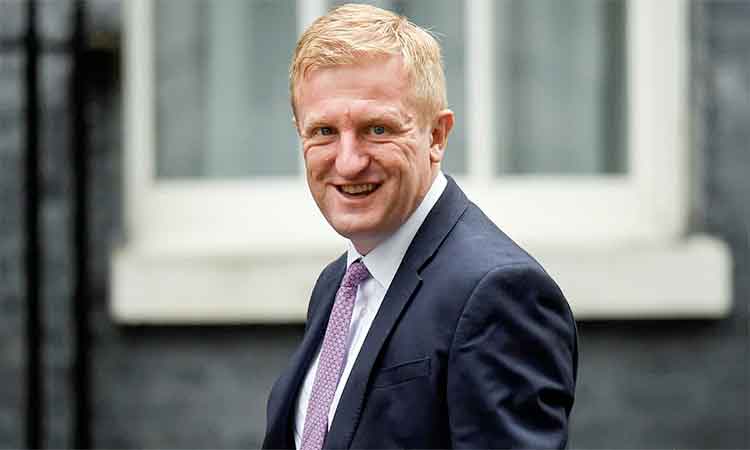


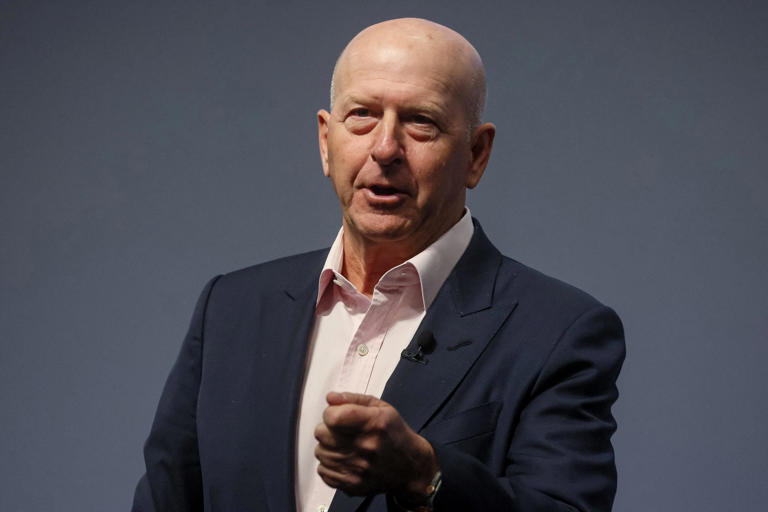

:quality(70)/cloudfront-eu-central-1.images.arcpublishing.com/thenational/PRF6MQWAPFTZ72BEYAQVGVKWBA.jpg)
:quality(70)/cloudfront-eu-central-1.images.arcpublishing.com/thenational/BMDXB6EJLBB6POAB2NL6QQZFSA.jpg)
:quality(70)/cloudfront-eu-central-1.images.arcpublishing.com/thenational/HJYI3G43PZHUBOFG5Z7I75YAGA.png)
:quality(70)/cloudfront-eu-central-1.images.arcpublishing.com/thenational/2QUJTRFGZGIIQIIBAJ7ALLMRO4.jpg)
:quality(70)/cloudfront-eu-central-1.images.arcpublishing.com/thenational/XOMQKURNP6CAT7V4SULKZV2PVM.jpg)
:quality(70)/cloudfront-eu-central-1.images.arcpublishing.com/thenational/ZPXFOMHI44OLBVMCLLC5EQMTVQ.jpg)
:quality(70)/cloudfront-eu-central-1.images.arcpublishing.com/thenational/ZMFWJWXKOBYUECQDTTMTMB3HUQ.jpg)
:quality(70)/cloudfront-eu-central-1.images.arcpublishing.com/thenational/HXZWINEK6ZE6FJWUIZUEXNZLZM.jpg)
:quality(70)/cloudfront-eu-central-1.images.arcpublishing.com/thenational/4LJCIHYH3BG6XK4EZG3E37IJ2A.jpg)
:quality(70)/cloudfront-eu-central-1.images.arcpublishing.com/thenational/TTHMOP6SHTYHELTKHS2GC5HHFI.jpg)
:quality(70)/cloudfront-eu-central-1.images.arcpublishing.com/thenational/7SUW5ECOMJG5KQBXZARFBZNIDI.jpg)
:quality(70)/cloudfront-eu-central-1.images.arcpublishing.com/thenational/YHWDNOJMYUSLYWYGUVC4QGR44A.jpg)
:quality(70)/cloudfront-eu-central-1.images.arcpublishing.com/thenational/5RFCRSXGORF4PJ5US6POHBSRHA.jpg)
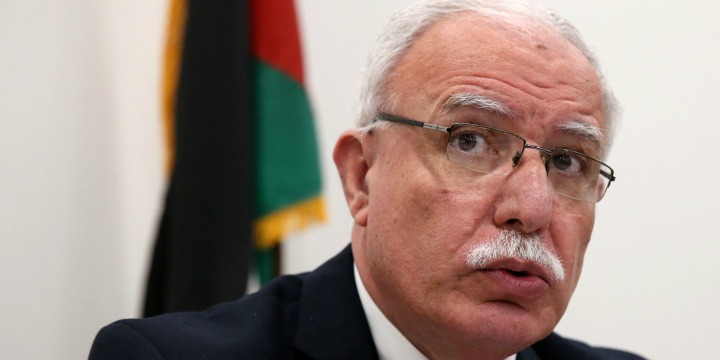
:quality(70)/cloudfront-eu-central-1.images.arcpublishing.com/thenational/NFSNMV7VHRALXCOJHAI5ZZSWWY.jpg)

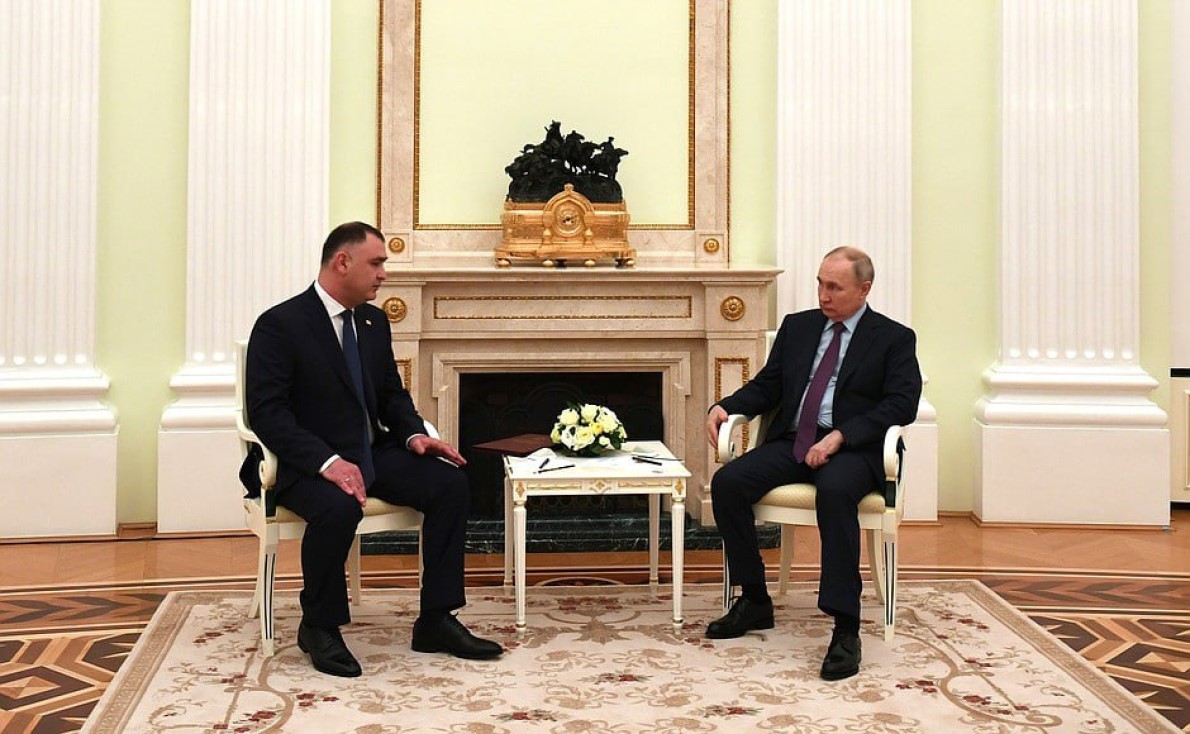



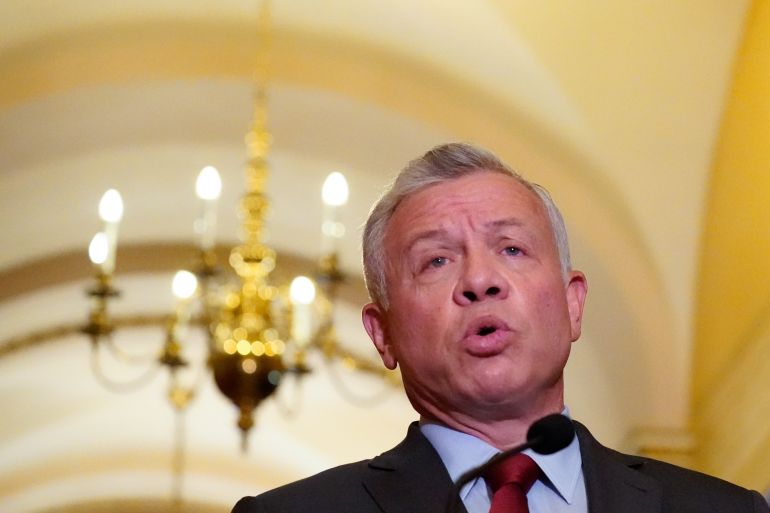


 Sora Shimazaki / Pexels
Sora Shimazaki / Pexels



